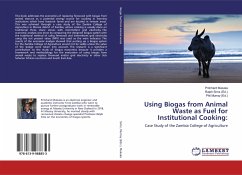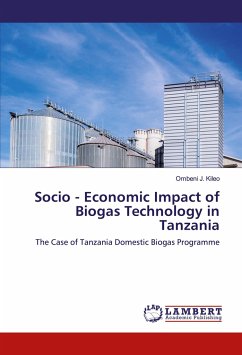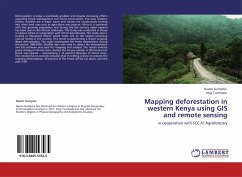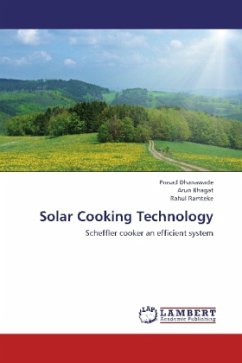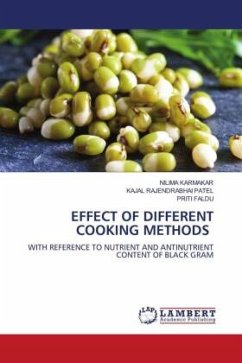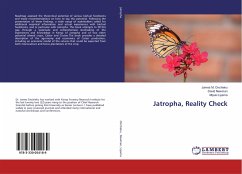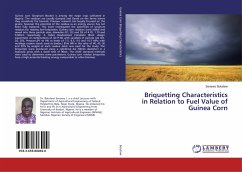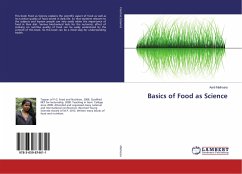This book addresses the economics of replacing firewood with biogas from animal manure as a potential energy source for cooking in learning institutions which have livestock farms and are located in remote areas. This was achieved through a case study of the Zambia College of Agriculture in Monze district of Zambia, where cooking is usually done on traditional three stone stoves with intermittent grid electricity. The economic analysis was done by comparing the designed biogas system with the traditional method of using firewood and intermittent grid electricity using the net present value (NPV) was used as the main indicator. The results of the economic analysis showed that putting up a biogas system for the Zambia College of Agriculture would not be viable unless the value of the sludge were taken into account. This research is a significant contribution to the study of biogas economics because it provides a framework and methodology for the evaluation of using biogas from animal waste to replace firewood and/or grid electricity in other Sub Saharan African countries and South East Asia.

